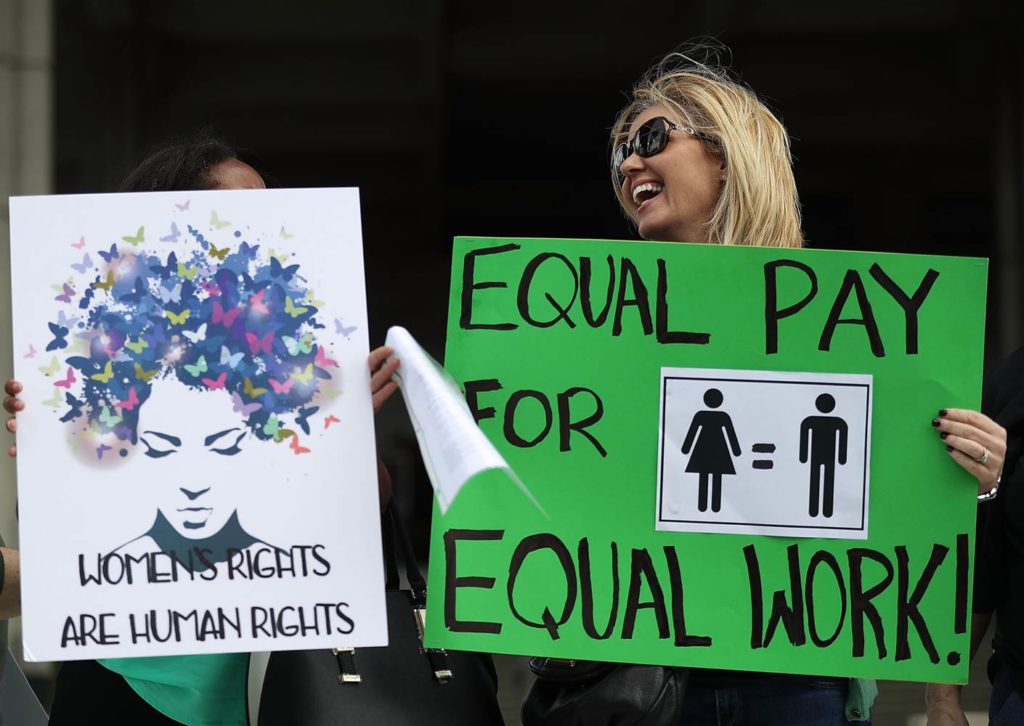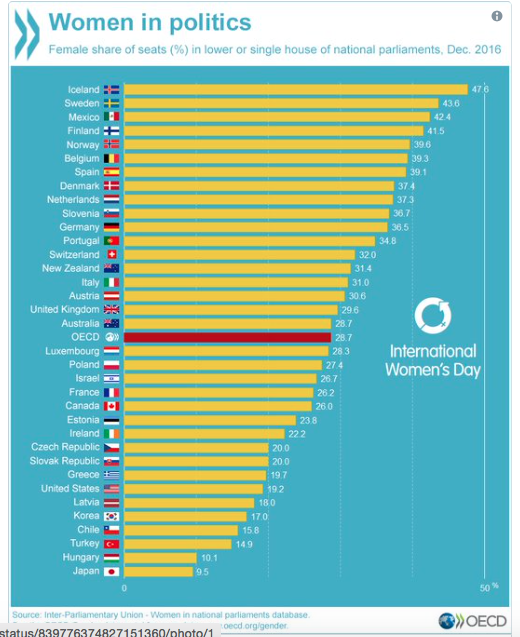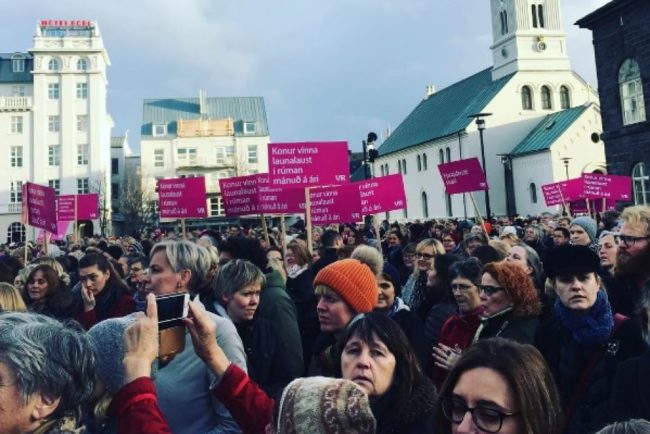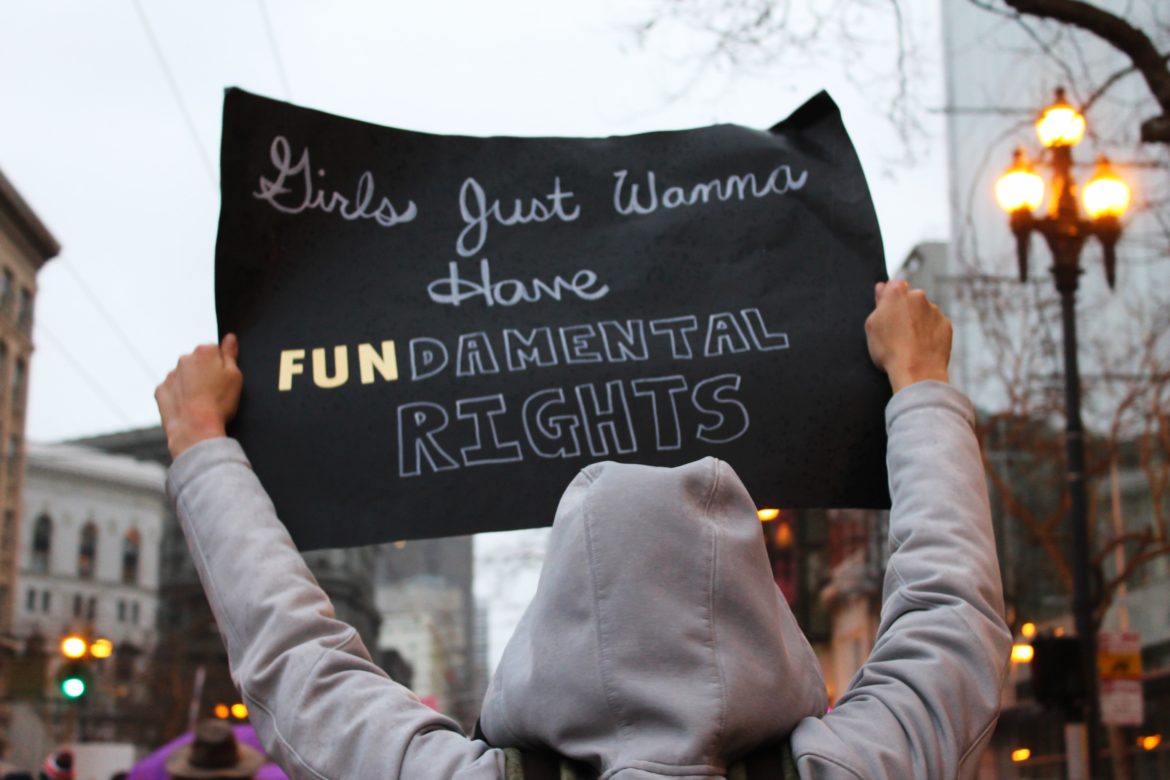As of New Year’s Day, Iceland has become the first country in the world to require by law that employers pay workers the same rate, regardless of gender, sexuality, or ethnicity. The law states that all companies with 25 or more employees must file annual disclosures proving people in the same position are paid equally.
Icelandic women currently earn about 14% less than men, and officials hope to erase that gap by 2022. The bill was initially signed on International Women’s Day last year. After the signing, Equality and Social Affairs Minister Thorsteinn Viglundsson stated that “equal rights are human rights”.

“We need to make sure that men and women enjoy equal opportunity in the workplace. It is our responsibility to take every measure to achieve that,” Viglundsson said.
Iceland is definitely not the country with the most egregious injustices towards women. In fact, when it comes to gender equality, Iceland is ranked the best in the world. It’s held the top spot for nine years running, according to the World Economic Forum. Along with this, women comprise 49 percent of the population and have filled more than 40 percent of seats in local governments and the national legislature, according to data from Iceland’s statistics bureau– the highest percentage in the world.

And while the share of women running for office has not drastically changed since the 1980s, but the percentage who win elections has dramatically increased from 15 percent to 45 percent since 1983.
But despite these relatively positive numbers, Iceland knew they still had to do more, hence the new law. Iceland has always been at the forefront of the fight for gender equality. Previously, Iceland officials created a quota in which companies employing 50 people or more must stock their boards with at least 40 percent women– further proof that Iceland is serious about creating true gender equality.
In 1975, Iceland’s women went on strike over inequality, with 90% of women walking out of their jobs and their homes, leaving their partners to look after children, cook and clean. Known as “The Day Off”, the women achieved their goal of showing Iceland their value by essentially shutting down the country for a day. The Day Off successfully opened the eyes of so many men, who referred to the day as “the long Friday”.

Five years after The Day Off, the country voted in the world’s first democratically elected woman leader. Now every year to mark the strike, women leave their workplaces and homes and gather in Reykjavik’s central square demanding change.
It seems as though their hard work is paying off. Now it is time for other countries, including ours, to follow suit.

